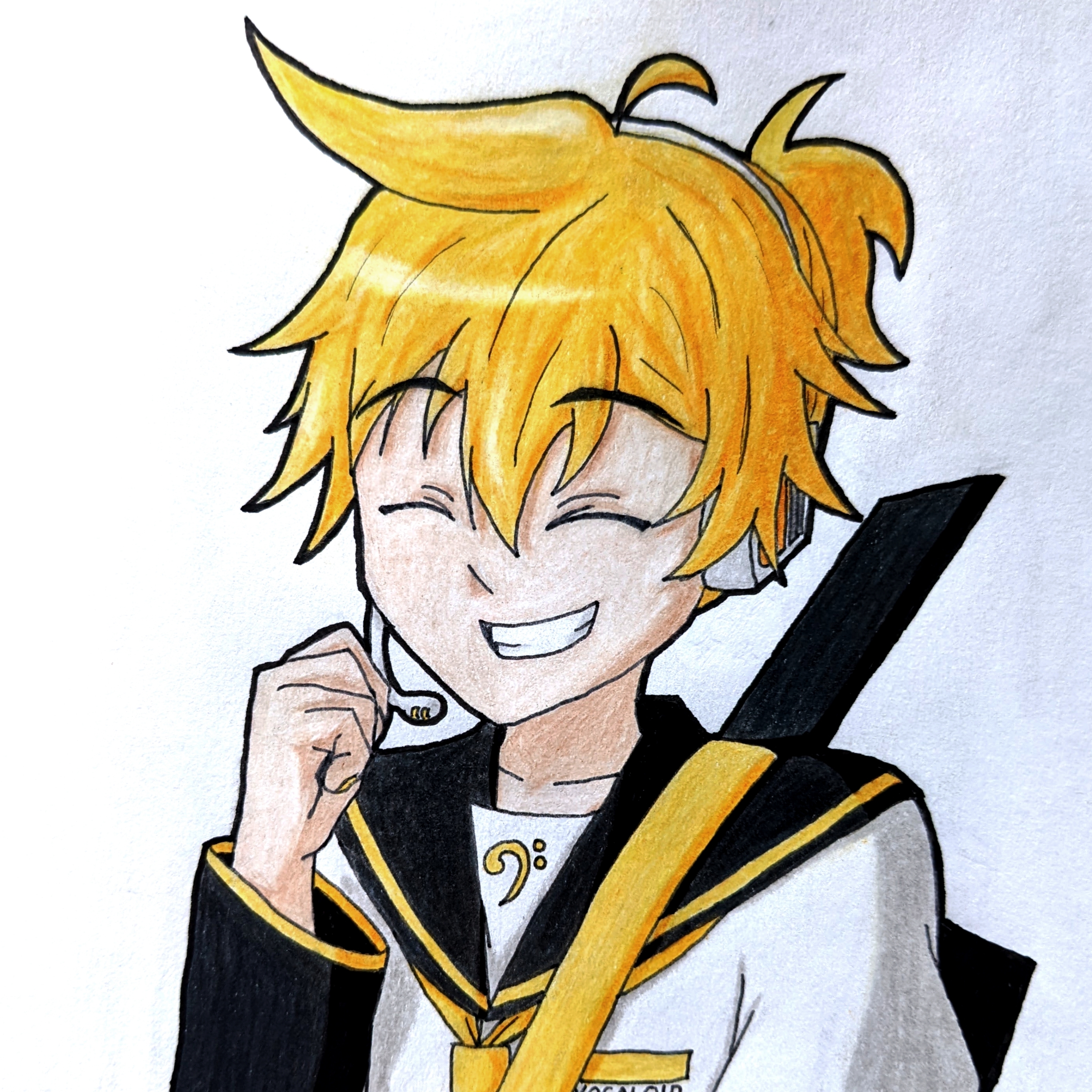It seems like it’s every day that I get advice that is aimed at beginner learners, like how to learn kana, or to pick up Genki or Minna no Nihongo, or use an app like Duolingo or Lingodeer. However, I’m closer to intermediate level (approximately N3, maybe N2), and I’m kind of stumped when it comes to studying.
For example, one of the most common pieces of advice I get is to immerse myself in the language, for example by playing games or watching movies/anime in Japanese. However, that method does get really frustrating in many ways. For example, when there are no closed captions available for Japanese movies, which makes understanding much harder, especially if the characters speak very quickly. Another nuisance this method has, is when I have to look up a word or two for every single sentence I hear/read. This is made even more annoying when a certain word contains complicated kanji, so I have to type it into the dictionary radical by radical. Doing that so often can be a real pain in the backside and suck the enjoyment out of the game/film. And also, it gets even tougher when I come across some slang or colloquial expression, or onomatopoeia, or a grammar structure I haven’t heard of before. During these times, I’m not very sure how to look those up, since I’m most likely not going to find these in the dictionary I use.
Moreover, I’m not quite sure how to learn vocabulary with this method of media consumption, since it’s not uncommon for me to encounter a word once or twice and then never again, making it difficult to remember. I’d learn it with flashcards, but 1, making flashcards takes a long time. And 2, it gets quite boring, and I tend to forget words very easily, even with Anki.
I also heard of advice saying I should pick up an advanced textbook, like Tobira. However, the grinding aspect of just translating sentences into a specific grammar pattern repeatedly always felt boring. Even with Genki, I kinda just speedran/skimmed through the exercises, made notes out of the grammar explanations, and solidified what I learned through graded readers (which were still a pain, because they weren’t very interesting to read, to be honest).
I have a feeling that despite being given these pieces of advice, there must be a wrong and right way of using them. So, I think I might be misusing the advice I’ve been given (either that, or I’ve been given the wrong advice, which I kind of doubt).
If anyone out here can give me corrections on how to study correctly, as well as perhaps giving new advice, would be very much appreciated. 読んでくれてありがとうございました。


I’m not at that high of a level yet (maybe N3) but I personally use a dictionary (Takoboto, on Android) that can easily add words to an anki deck (granted they don’t have audio but that’s fine for me (and I already did a 6K premade deck with audio)).
I find new words through watching shows, listening to music or reading.
I also go to local meetups where I meet with other Japanese learners and I talk to a Japanese person weekly (in exchange for practicing English with them).
For grammar I watched most of Cure Dolly’s Organic Japanese playlist.
For me this is a great combination and I think I’m progressing well.
Hope this helps.
Edit:
I’m also pretty much the sole poster over at lemmy.world’s WriteStreakJapanese. Maybe consider writing something from time to time. I think it can greatly aid you in finding your weak-spots.
I think the diversification of your study methods and making habits out of things that would otherwise be too boring to do really help me stay motivated.
Feel free to ask away if you have any questions.